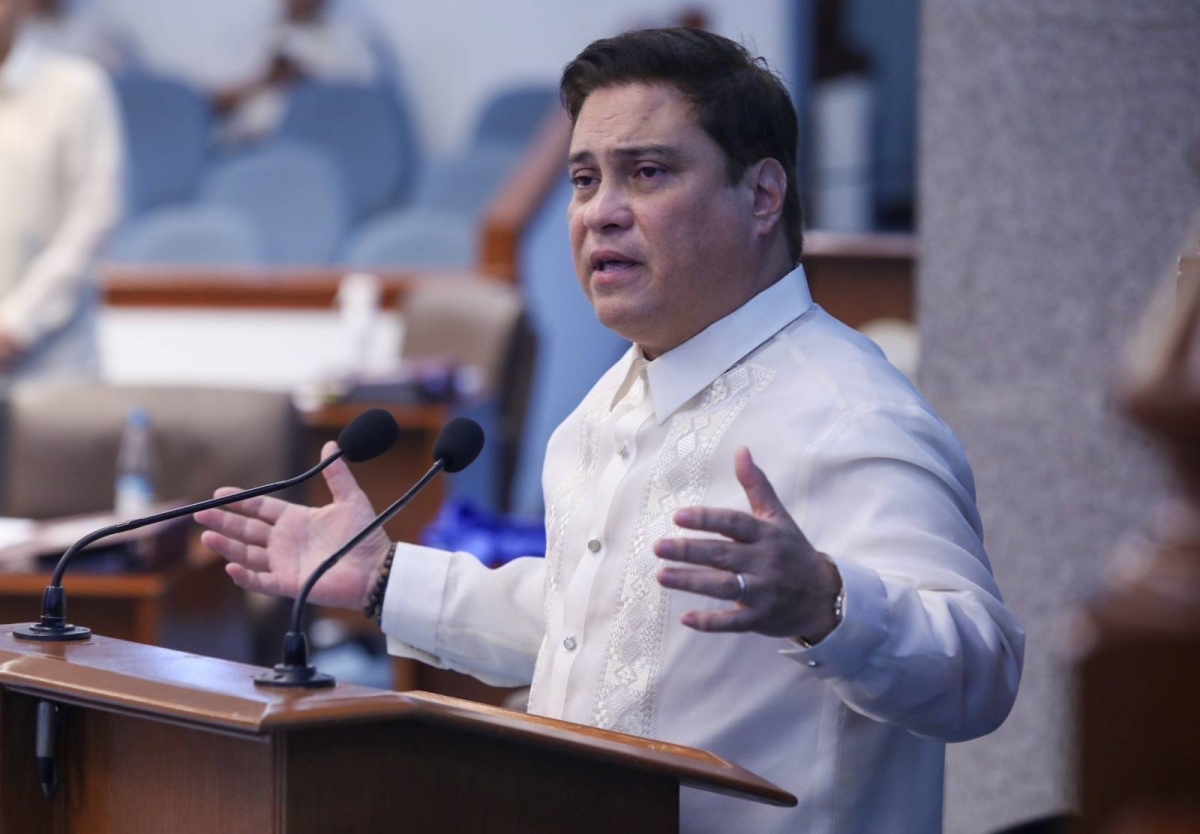In a recent development, Senate President Juan Miguel “Migz” Zubiri has announced that the Senate will proceed with the hearings on Resolution of Both Houses 6 (RBH 6). This decision comes after President Ferdinand “Bongbong” Marcos Jr. expressed doubt regarding the viability of the people’s initiative as a means to amend the 1987 Constitution.
During his conversation with reporters in Hanoi, President Marcos stated that the administration is seeking input from “the best constitutional minds” to find a solution that avoids excessive controversy. While he acknowledged that the people’s initiative is currently underway, he expressed uncertainty about whether it remains a viable option.
In response to President Marcos’ doubts, Senate President Zubiri has taken steps to address the issue. With the permission of Senator Robinhood “Robin” Padilla, Zubiri plans to establish a sub-committee on Constitutional Amendments and Revision of Codes and Laws. This sub-committee, to be headed by Senator Juan Edgardo “Sonny” Angara, will be responsible for tackling RBH 6.
Senator Padilla, who chairs the mother Committee on Constitutional Amendments and Revision of Codes and Laws, has granted his approval for the creation of the sub-committee. This move signifies a proactive approach by the Senate to ensure that RBH 6 is thoroughly examined and discussed.
Furthermore, Senate President Zubiri expressed optimism about the sub-committee’s ability to commence public hearings on RBH 6 as early as next week. This demonstrates the Senate’s commitment to transparency and allowing public participation in the constitutional amendment process.
The hearings on RBH 6 hold significant importance as they pertain to potential amendments to the 1987 Constitution. These amendments could impact various aspects of governance, including political structures, economic policies, and social provisions. Therefore, it is crucial to ensure a comprehensive and inclusive discussion to address any concerns and consider the implications of these proposed changes.
The decision to proceed with the hearings reflects the Senate’s dedication to fulfilling its role as a deliberative body. By providing a platform for open dialogue and expert opinions, the Senate aims to make informed decisions that uphold the best interests of the Filipino people.
It is worth noting that the discussions and debates surrounding RBH 6 are not limited to domestic matters alone. Given the international audience, it is important to contextualize the significance of these proceedings in the broader context of constitutional law and democratic governance.
Different countries have their own laws and customs when it comes to constitutional amendments. In the case of the Philippines, the 1987 Constitution serves as the fundamental law of the land, providing the framework for the country’s political and legal systems. Any proposed amendments to this constitution warrant careful consideration and thorough examination to ensure that they align with the principles of democracy and protect the rights and welfare of the Filipino people.
In conclusion, the Senate’s decision to proceed with the hearings on RBH 6 demonstrates its commitment to the constitutional amendment process. As President Marcos expresses doubt about the viability of the people’s initiative, the Senate aims to provide a platform for open dialogue and expert opinions. By establishing a sub-committee and conducting public hearings, the Senate ensures transparency and public participation in shaping the future of the 1987 Constitution. This process is crucial in safeguarding the democratic principles and upholding the best interests of the Filipino people.







